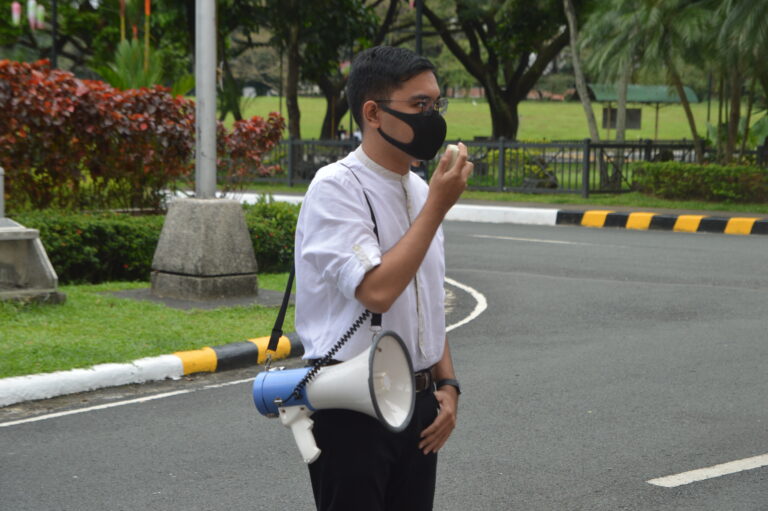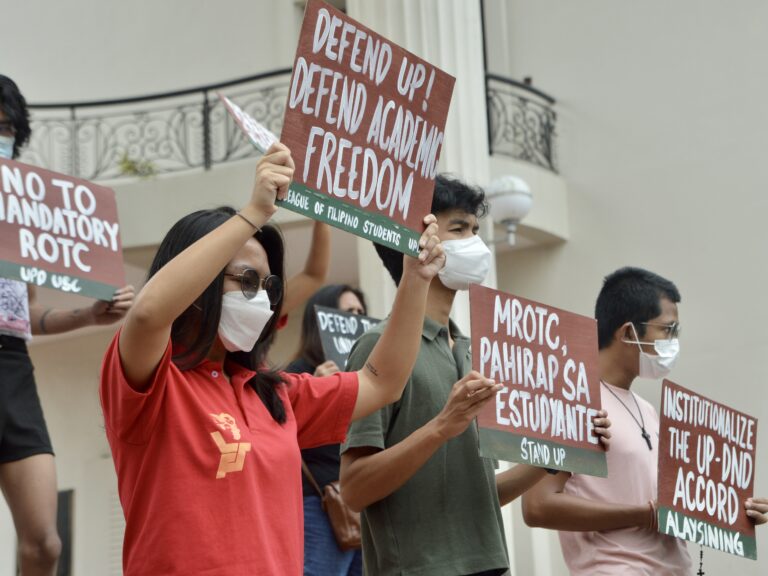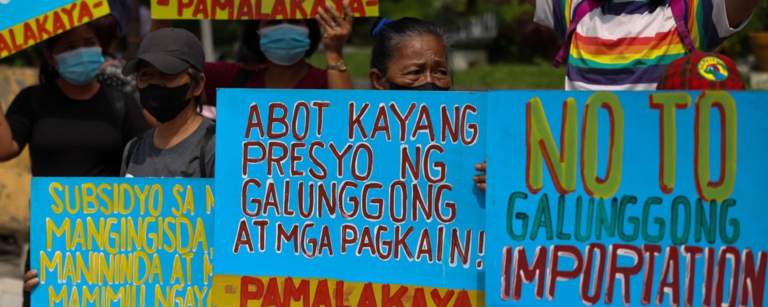
Last Wednesday, February 23, the Senate and the House of Representatives ratified the SIM Card Registration Act. It now awaits the signature of President Duterte until March 4 or it lapses into law.
The SIM Card Registration Act is described as an “anti-troll bill” that supposedly aims to curb criminal activities with mobile phones and catch online trolls that spread disinformation.
Once enacted, all social media and cell networks will now be required to get the real name and phone numbers of users upon the creation of an account.
In simple words, users are now required by law to register their SIM cards and social media accounts—critics flag this as a potential for data breach, black markets and criminality, and state surveillance.
Senate Minority Leader Franklin Drilon, one of the bill authors, claimed that citizens will be given protection against “those who hide behind anonymity and fictitious names.” It will prevent anonymous accounts from “attack[ing] anyone endlessly and viciously”.
The penalty to be imposed on offenders includes imprisonment no less than six years, or a fine of up to P200,000, or both.
No evidence of crime prevention
Other countries like Canada, Czech Republic, Netherlands, and Ireland are among the countries that adopted mandatory SIM card registration policies. According to Privacy International, this was “ineffective and inefficient”. In 2009, Mexico had a compulsory SIM Registration Policy, yet it was repealed since it was “ineffective” as well.
Authors of the bill seem to not have done their research – why adopt a policy when statistics and reports show that it is ineffective in preventing cyber crimes? In simple words, it is merely a sugarcoated term to fool us Filipinos. We are not blind; yet the state wants to keep an eye on us.
A bill made in the spur of the moment
Ivy Grace Villasoto, an official of the NPC’s Privacy Policy Office stated that this may lead to a “heightened risk of the occurrence of personal data breaches and unauthorized processing of personal data”.
Public Telecommunications Entities (PTEs) will keep the registration forms answered by consumers in a centralized database, which can only be used for processing, activating, or deactivating subscriptions. However, cybersecurity policy analyst Mary Grace Mirandilla-Santos said that a central database that stores consumers’ information is an attractive target for cyber attackers.
To further discuss the bill, which was made without thinking of its repercussions, criminals can use stolen SIM cards or IDs to commit cyberattacks such as identity theft and online fraud.
A sugarcoated threat to privacy and freedom of speech
Additionally, SIM card holders can be placed under surveillance: tracking investigative journalists, witnesses, marginalized groups, victims of various forms of discrimination, and even stan amd private accounts. This is truly a scary thing to think about.
Maybe at first, the act can be considered “good” for it removes the anonymity of trolls and bullies, thus making cyberspace safe. But they had not considered the fact that individuals use fictitious accounts to express themselves without fear. Anonymity provides security to those who wish to keep their personal lives away from the public.
Carlos Nazareno, a privacy rights advocate, spoke out on how our national heroes, namely Jose Rizal, Antonio Luna, and Marcelo H. Del Pilar used pseudonyms (Laong Laan, Taga Ilog, and Plaridel, respectively) to revolt against the colonial leadership that the Spaniards imposed on us – yet now, the government is trying to restrict such acts. Isn’t it ironic that in the digital age, this will be considered a crime?
The authors of this bill are trying to kill anonymity, penalize those who use pen names, and establish censorship. It is a way to persecute those who speak out against the corrupt and incompetent government in public social media. It is a hindrance to our freedom of speech as netizens.
When martial law was declared 49 years ago under the Marcos regime, civil liberties were at risk and censorship was imposed. While censorship was mostly towards press freedom, is this also not similar to the bill? Is there not a censorship of content, of ideas, of thoughts? Is this not a threat to our freedom of speech and privacy?
Various groups such as the Computer Professionals Union, Democracy Now, and the UP Internet Freedom Network have called to block and veto the said bill.
“Finally, the policy will hand over our data to the Philippine government, an entity notoriously lacking in information security measures. Not only is the SIM Card Registration Act repressive and undemocratic, it is also inutile and anti-poor,” UP Internet asserts.
With the Anti-Terrorism Law compounded by the National ID System and SIM Card Registration Act, the state’s trojan horse viruses are making us more vulnerable to state terrorism under the Duterte regime.
Millions of Filipino citizens have spoken out and are speaking out against these two. Surely, such a reaction from the Filipinos means that these two, in no way, are serving the country. Aren’t they tools for authoritarianism, mass surveillance, censorship, and abuse of civil liberties such as freedom of expression?
Such a bill needs to be vetoed now.
An online petition to veto the SIM Card Registration Bill can be found here:
https://tinyurl.com/5fdvmxtw
Featured image by Manila Standard





Thank you for your post. I really enjoyed reading it, especially because it addressed my issue. http://www.kayswell.com It helped me a lot and I hope it will also help others.